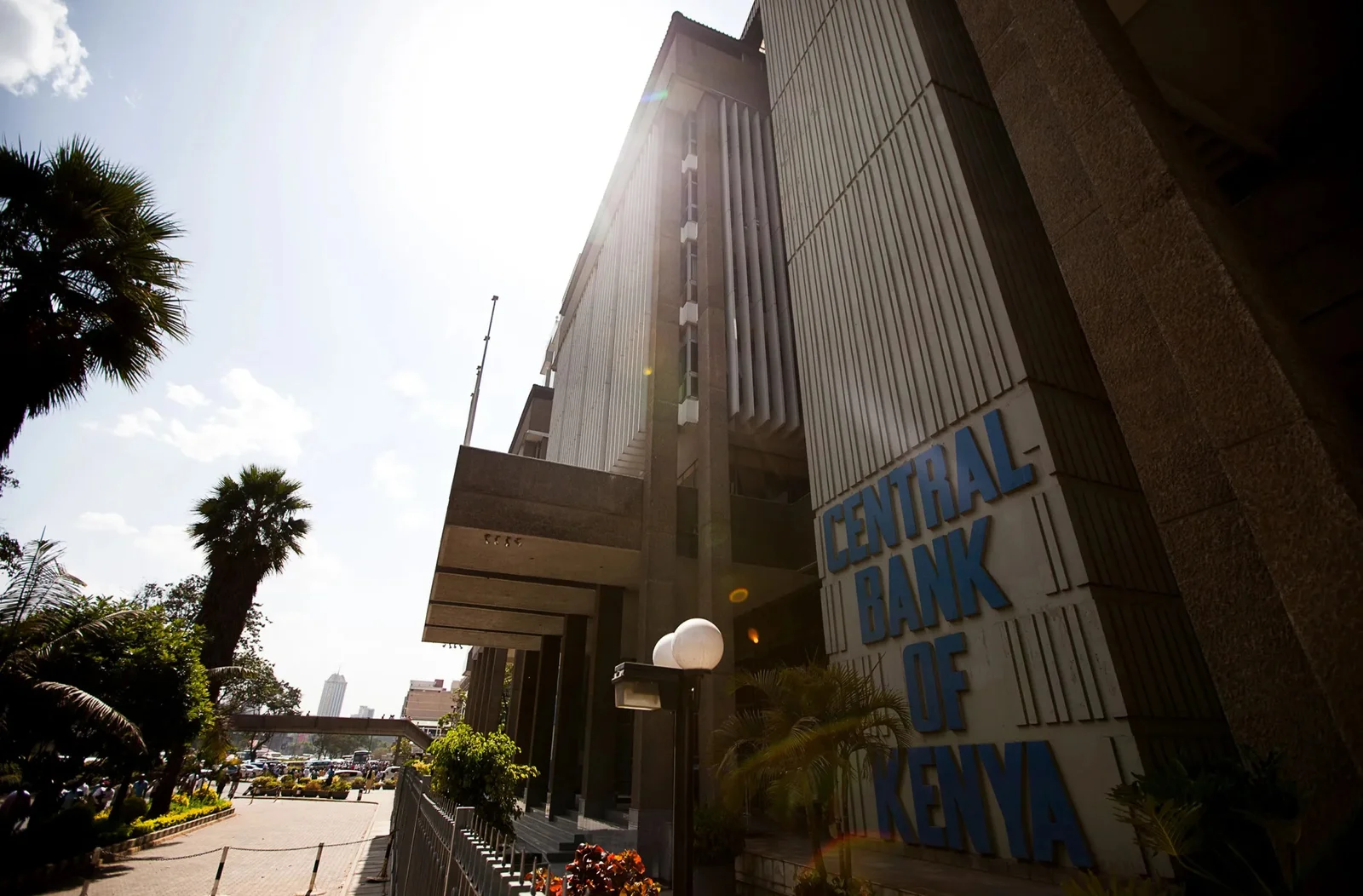Banks reject CBK’s proposal to use Central Bank rate for credit pricing

The Kenya Bankers Association (KBA) warns that such a move would effectively introduce interest rate caps.
Kenyan banks have raised concerns about a proposal from the Central Bank of Kenya (CBK) that suggests using the Central Bank Rate (CBR) as the main reference point for determining lending rates, combined with a regulated premium.
The Kenya Bankers Association (KBA) warns that such a move would effectively introduce interest rate caps, contradicting existing laws that support a liberalized interest rate environment in Kenya.
KBA argues that past experiences, particularly between 2016 and 2019, show that interest rate caps hinder access to credit, especially for micro, small, and medium enterprises (MSMEs) and low-income borrowers.
The association emphasized that the proposal could limit credit flow to these groups, who depend on loans for business expansion and basic financial support.
"We value the Central Bank of Kenya’s efforts to engage stakeholders on credit pricing reforms," said KBA, under the leadership of CEO Raimond Molenje.
However, they expressed concern that the proposed framework could detach lending rates from market realities, undermining CBK’s monetary policy effectiveness.
Instead of adopting the CBR, KBA has recommended the interbank rate, a rate more aligned with global practices and responsive to market dynamics.
The interbank rate, according to KBA, allows banks to better reflect the risks associated with lending to different customer segments, based on factors such as operational costs and credit risk.
KBA also warned that implementing the proposed model could obstruct the banking sector’s ability to meet its lending targets, including advancing Sh150 billion annually to small businesses between 2025 and 2027.
The association believes that by sticking to a market-driven rate like the interbank rate, banks would be able to offer loans at more competitive and flexible rates, ultimately benefiting borrowers.
The proposal put forward by CBK seeks to bring more transparency to credit pricing, which has been a source of concern for many borrowers.
Governor Kamau Thugge explained that the framework is designed to address fears about high lending rates and complicated pricing structures that can confuse consumers, thereby ensuring that lending rates are more aligned with market forces.
"We are striving to create a system that reflects market conditions and provides a fair and predictable pricing model for borrowers," said Thugge."This framework will allow lenders to price credit risk based on the current market environment."
However, KBA is concerned that shifting to the CBR as the base reference rate would disrupt the current structure that banks use to set lending rates.
The association pointed out that previous efforts to create a unified reference rate, such as the Kenya Banks Reference Rate (KBRR), failed because it did not support effective policy transmission from CBK, leading to misaligned lending rates.
KBA warned that if CBK persists with its plan, the country could face the same problems experienced before August 2023, when the CBR was found to be out of sync with market conditions, making it harder for the Central Bank to influence lending rates.
The bankers stressed that the cost of funds for banks, including deposit costs and long-term borrowing, should reflect the actual cost of money in the market, rather than being based solely on the CBR.
The association further emphasized that depositors’ returns are not determined by the CBR, but instead are based on the return they can earn from investing in government securities, which are influenced by Treasury bill rates.
KBA fears that using the CBR as the benchmark for lending rates could weaken the market’s ability to respond effectively to changes in the economic landscape.
Despite their objections, KBA has expressed its commitment to working with CBK to improve credit pricing transparency.
The association has reaffirmed its support for reforms that will enable Kenyans to access affordable credit while ensuring that banks can continue to lend responsibly.
In the meantime, CBK remains focused on its goal of establishing a credit-pricing framework that promotes fairness and transparency while being responsive to market conditions.
The Central Bank also continues to monitor lending practices closely, as it seeks to address concerns about the slow pace of credit growth.
CBK data shows that lending to the private sector has grown only marginally, by 0.2% in March 2025, compared to a 1.3% decline in February 2025.
To encourage lending, CBK has been engaging directly with banks, urging them to lower rates and boost lending activity.
